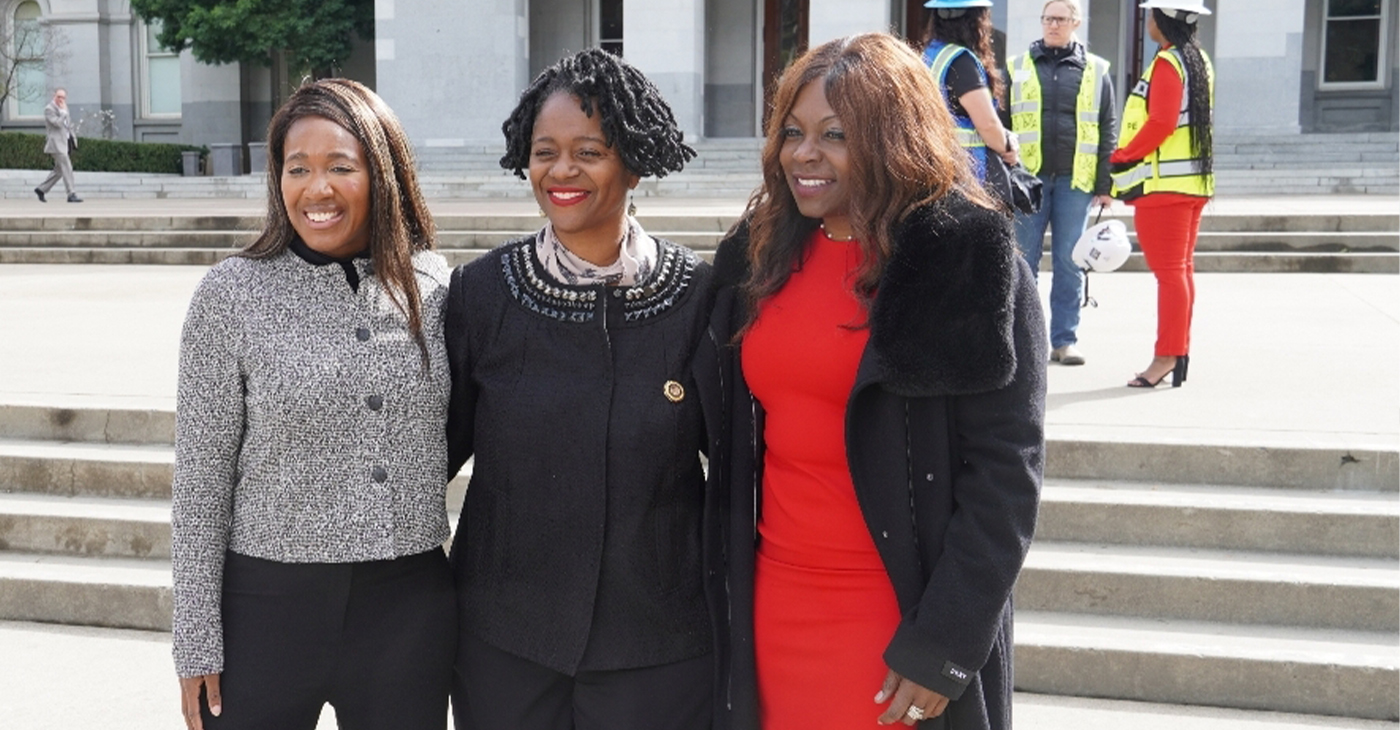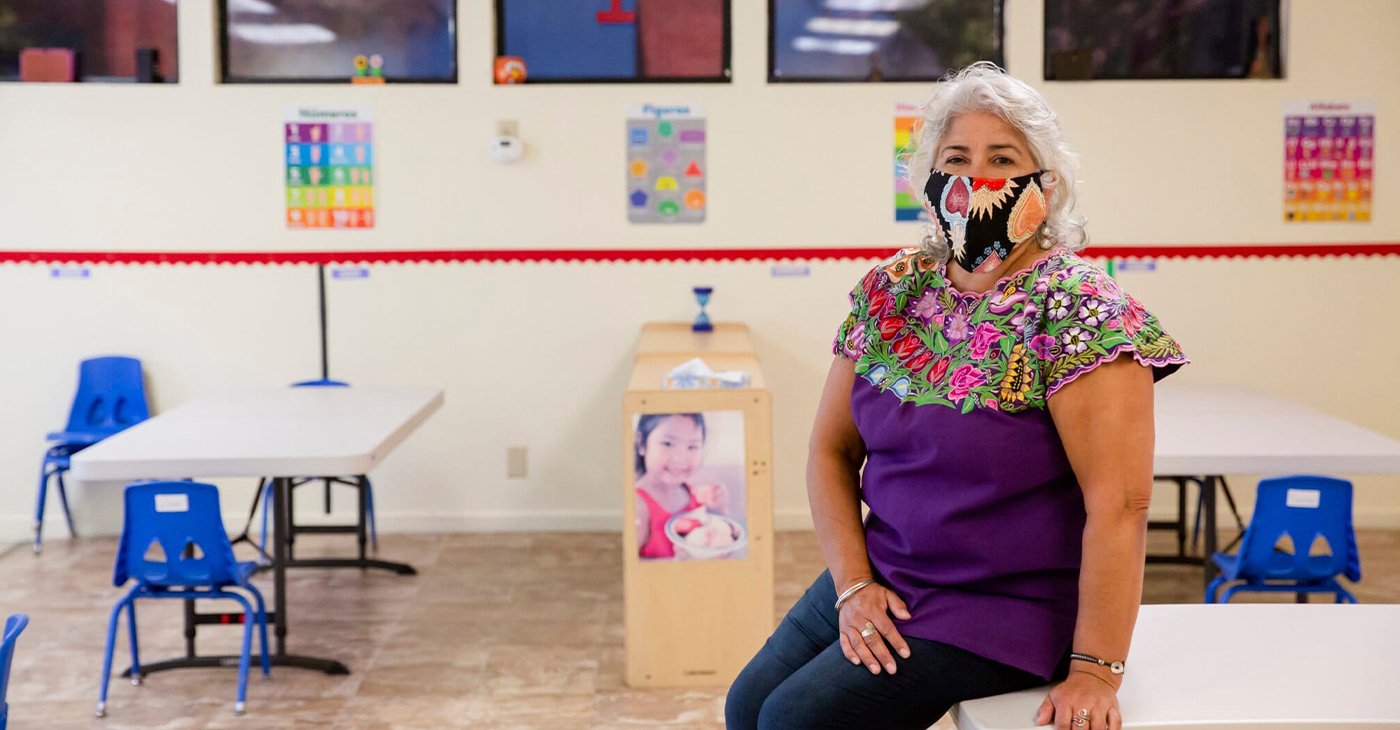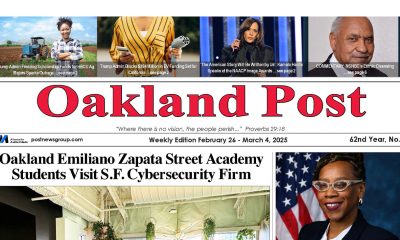National
ACLU: Chicago Police Had Higher Stop-and-Frisk Rate Than NYC

Chicago Police Superintendent Garry McCarthy speaks to the media on May 21, 2012 in Chicago. (Associated Press)
DON BABWIN, Associated Press
CHICAGO (AP) — Chicago police officers initiated stop, question and frisk encounters at a much higher rate last summer than their New York City counterparts ever did, and just like with New York’s heavily criticized program, Chicago blacks and other racial minorities were disproportionately targeted, according to a civil liberties group.
The American Civil Liberties Union of Illinois released a report Monday saying it identified more than 250,000 Chicago stop-and-frisk encounters in which there were no arrests from May through August 2014. African-Americans accounted for nearly three-quarters of those stopped, even though they make up about a third of the city’s population. On a per capita basis, Chicago police stopped 93.6 people per 1,000 residents, or more than four times New York’s peak rate of 22.9 stops per 1,000 residents, which happened during the same four-month period of 2011.
“The Chicago Police Department stops a shocking number of innocent people,” said Harvey Grossman, the ACLU’s legal director. “And just like New York, we see that African Americans are singled out for these searches.”
People were far more likely to be stopped in predominantly black communities and blacks were more likely to be the target of stops in predominantly white neighborhoods, the study found. For example, African-Americans accounted for 15 percent of the stops in the Jefferson Park area, even though they made up just one percent of its population.
The ACLU said it also found that police gave no “legally sufficient reason” for initiating many of the stops. It said it examined a random sampling of “contact cards,” which officers are required to fill out whenever they make such a stop. On half the cards, the officers didn’t state a reason for the stop, and in some cases, they stated that they stopped someone for a reason that wasn’t related to suspected criminal activity.
Grossman said the information that was on the cards was woefully inadequate, and the cards didn’t indicate that a person had been frisked, which the ACLU researchers can only assume happened.
Police officials responded Monday by saying that the department prohibits racial profiling and other “bias based policing.” They said over the last three years the department has improved training to ensure that police officers are aware of that policy and comply, including requiring more detailed documentation and adding more supervision.
It also released figures showing that the percentage of contact-card incidents is closely aligned with the percentage of police case reports where a crime suspect was identified by race.
“People should be stopped based on crime data and crime information. Nothing else,” Police Superintendent Garry McCarthy said in a written statement.
But the use of contact cards has dramatically increased since McCarthy started running the department in 2011.
The department, which has reported a significant drop in crime around the city, has made it clear that the cards are a key component of its crime fighting strategy, saying they help track gang members and help officers make arrests.
Late last year, prosecutors said information from contact cards showed that two days before the 2013 shooting death of a high school honor student, Hadiya Pendleton, the two suspects were in the white Nissan that served as the getaway car.
But that effort to reduce crime has emerged as a key issue in next month’s mayoral election. While the mayor has been able to use the statistics to underline his point that he is taking steps to make the city safer, the ACLU report comes as he is trying to regain much of the black community’s support, which has slipped since he was first elected in 2011.
Grossman said he’s not surprised that the department relies so heavily on the stop-and-frisk policy. The superintendent spent the bulk of his career in the NYPD and he was the police chief in Newark, New Jersey, before coming to Chicago in 2011.
The policy has come under fire in both cities.
In New York, a federal judge determined the NYPD policy was sometimes discriminating against minorities. And in Newark, the department was placed under a federal monitor after the U.S. Department of Justice found that during a period that included McCarthy’s time running the department, 75 percent of pedestrian stops were made without constitutionally adequate reasons and in the city where blacks make up 54 percent of the population, they accounted for 85 percent of those stops.
“There is no question the superintendent endorses stop and frisk. … It is part of the fabric of McCarthy’s policing,” Grossman said.
Copyright 2015 The Associated Press. All rights reserved. This material may not be published, broadcast, rewritten or redistributed.
Activism
Sen. Lola Smallwood-Cuevas Honors California Women in Construction with State Proclamation, Policy Ideas
“Women play an important role in building our communities, yet they remain vastly underrepresented in the construction industry,” Smallwood-Cuevas stated. “This resolution not only recognizes their incredible contributions but also the need to break barriers — like gender discrimination.

By Antonio Ray Harvey, California Black Media
To honor Women in Construction Week, Sen. Lola Smallwood-Cuevas (D-Los Angeles), a member of the California Legislative Black Caucus (CLBC), introduced Senate Concurrent Resolution (SCR) 30 in the State Legislature on March 6. This resolution pays tribute to women and highlights their contributions to the building industry.
The measure designates March 2, 2025, to March 8, 2025, as Women in Construction Week in California. It passed 34-0 on the Senate floor.
“Women play an important role in building our communities, yet they remain vastly underrepresented in the construction industry,” Smallwood-Cuevas stated. “This resolution not only recognizes their incredible contributions but also the need to break barriers — like gender discrimination.
Authored by Assemblymember Liz Ortega (D-San Leandro), another bill, Assembly Concurrent Resolution (ACR) 28, also recognized women in the construction industry.
The resolution advanced out of the Assembly Committee on Rules with a 10-0 vote.
The weeklong event coincides with the National Association of Women In Construction (NAWIC) celebration that started in 1998 and has grown and expanded every year since.
The same week in front of the State Capitol, Smallwood, Lt. Gov. Eleni Kounalakis, Assemblymember Josh Hoover (R-Folsom), and Assemblymember Maggie Krell (D-Sacramento), attended a brunch organized by a local chapter of NAWIC.
Two of the guest speakers were Dr. Giovanna Brasfield, CEO of Los Angeles-based Brasfield and Associates, and Jennifer Todd, President and Founder of LMS General Contractors.
Todd is the youngest Black woman to receive a California’s Contractors State License Board (A) General Engineering license. An advocate for women of different backgrounds, Todd she said she has been a woman in construction for the last 16 years despite going through some trying times.
A graduate of Arizona State University’s’ Sandra Day O’Connor College of Law, in 2009 Todd created an apprenticeship training program, A Greener Tomorrow, designed toward the advancement of unemployed and underemployed people of color.
“I always say, ‘I love an industry that doesn’t love me back,’” Todd said. “Being young, female and minority, I am often in spaces where people don’t look like me, they don’t reflect my values, they don’t reflect my experiences, and I so persevere in spite of it all.”
According to the U.S. Bureau of Labor Statistics, only 11.2% of the construction workforce across the country are female. Overall, 87.3% of the female construction workers are White, 35.1% are Latinas, 2.1% are Asians, and 6.5% are Black women, the report reveals.
The National Association of Home Builders reported that as of 2022, the states with the largest number of women working in construction were Texas (137,000), California (135,000) and Florida (119,000). The three states alone represent 30% of all women employed in the industry.
Sen. Susan Rubio (D-Baldwin Park) and the California Legislative Women’s Caucus supported Smallwood-Cuevas’ SCR 30 and requested that more energy be poured into bringing awareness to the severe gender gap in the construction field.
“The construction trade are a proven path to a solid career. and we have an ongoing shortage, and this is a time for us to do better breaking down the barriers to help the people get into this sector,” Rubio said.
Activism
Report Offers Policies, Ideas to Improve the Workplace Experiences of Black Women in California
The “Invisible Labor, Visible Struggles: The Intersection of Race, Gender, and Workplace Equity for Black Women in California” report by the California Black Women’s Collective Empowerment Institute (CBWCEI), unveiled the findings of a December 2024 survey of 452 employed Black women across the Golden State. Three-fifths of the participants said they experienced racism or discrimination last year and 57% of the unfair treatment was related to incidents at work.

By McKenzie Jackson, California Black Media
Backed by data, a report released last month details the numerous hurdles Black women in the Golden State must overcome to effectively contribute and succeed in the workplace.
The “Invisible Labor, Visible Struggles: The Intersection of Race, Gender, and Workplace Equity for Black Women in California” report by the California Black Women’s Collective Empowerment Institute (CBWCEI), unveiled the findings of a December 2024 survey of 452 employed Black women across the Golden State. Three-fifths of the participants said they experienced racism or discrimination last year and 57% of the unfair treatment was related to incidents at work.
CBWCEI President and CEO Kellie Todd Griffin said Black women have been the backbone of communities, industries, and movements but are still overlooked, underpaid, and undervalued at work.
“The data is clear,” she explained. “Systemic racism and sexism are not just historical injustices. They are active forces shaping the workplace experiences of Black women today. This report is a call to action. it demands intentional polices, corporate accountability, and systemic changes.”
The 16-page study, conducted by the public opinion research and strategic consulting firm EVITARUS, showcases the lived workplace experiences of Black women, many who say they are stuck in the crosshairs of discrimination based on gender and race which hinders their work opportunities, advancements, and aspirations, according to the report’s authors, Todd Griffin and CBWCEI researcher Dr. Sharon Uche.
“We wanted to look at how Black women are experiencing the workplace where there are systematic barriers,” Todd Griffin told the media during a press conference co-hosted by Ethnic Media Services and California Black Media. “This report is focused on the invisible labor struggles of Black women throughout California.”
The aspects of the workplace most important to Black women, according to those surveyed, are salary or wage, benefits, and job security.
However, only 21% of the survey’s respondents felt they had strong chances for career advancement into the executive or senior leadership ranks in California’s job market; 49% felt passed over, excluded from, or marginalized at work; and 48% felt their accomplishments at work were undervalued. Thirty-eight percent said they had been thought of as the stereotypical “angry Black woman” at work, and 42% said workplace racism or discrimination effected their physical or mental health.
“These sentiments play a factor in contributing to a workplace that is unsafe and not equitable for Black women in California,” the report reads.
Most Black women said providing for their families and personal fulfillment motivated them to show up to work daily, while 38% said they were dissatisfied in their current job with salary, supervisors, and work environment being the top sources of their discontent.
When asked if they agree or disagree with a statement about their workplace 58% of Black women said they feel supported at work, while 52% said their contributions are acknowledged. Forty-nine percent said they felt empowered.
Uche said Black women are paid $54,000 annually on average — including Black single mothers, who averaged $50,000 — while White men earn an average of $90,000 each year.
“More than half of Black families in California are led by single Black women,” said Uche, who added that the pay gap between Black women and White men isn’t forecasted to close until 2121.
Bay Area
Five Years After COVID-19 Began, a Struggling Child Care Workforce Faces New Threats
Five years ago, as COVID-19 lockdowns and school closures began, most early educators continued to work in person, risking their own health and that of their families. “Early educators were called essential, but they weren’t provided with the personal protective equipment they needed to stay safe,” said CSCCE Executive Director Lea Austin. “There were no special shopping hours or ways for them to access safety materials in those early and scary months of the pandemic, leaving them to compete with other shoppers. One state even advised them to wear trash bags if they couldn’t find PPE.”

UC Berkeley News
In the first eight months of the COVID-19 pandemic alone, 166,000 childcare jobs were lost across the nation. Significant recovery didn’t begin until the advent of American Rescue Plan Act (ARPA) Child Care Stabilization funds in April 2021.
Today, child care employment is back to slightly above pre-pandemic levels, but job growth has remained sluggish at 1.4% since ARPA funding allocations ended in October 2023, according to analysis by the Center for the Study of Child Care Employment (CSCCE) at UC Berkeley. In the last six months, childcare employment has hovered around 1.1 million.
Yet more than two million American parents report job changes due to problems accessing child care. Why does the childcare sector continue to face a workforce crisis that has predated the pandemic? Inadequate compensation drives high turnover rates and workforce shortages that predate the pandemic. Early childhood educators are skilled professionals; many have more than 15 years of experience and a college degree, but their compensation does not reflect their expertise. The national median hourly wage is $13.07, and only a small proportion of early educators receive benefits.
And now a new round of challenges is about to hit childcare. The low wages paid in early care and education result in 43% of early educator families depending on at least one public support program, such as Medicaid or food stamps, both of which are threatened by potential federal funding cuts. Job numbers will likely fall as many early childhood educators need to find jobs with healthcare benefits or better pay.
In addition, one in five child care workers are immigrants, and executive orders driving deportation and ICE raids will further devastate the entire early care and education system. These stresses are part of the historical lack of respect the workforce faces, despite all they contribute to children, families, and the economy.
Five years ago, as COVID-19 lockdowns and school closures began, most early educators continued to work in person, risking their own health and that of their families. “Early educators were called essential, but they weren’t provided with the personal protective equipment they needed to stay safe,” said CSCCE Executive Director Lea Austin. “There were no special shopping hours or ways for them to access safety materials in those early and scary months of the pandemic, leaving them to compete with other shoppers. One state even advised them to wear trash bags if they couldn’t find PPE.”
The economic impact was equally dire. Even as many providers tried to remain open to ensure their financial security, the combination of higher costs to meet safety protocols and lower revenue from fewer children enrolled led to job losses, increased debt, and program closures.
Eventually, the federal government responded with historic short-term investments through ARPA, which stabilized childcare programs. These funds provided money to increase pay or provide financial relief to early educators to improve their income and well-being. The childcare sector began to slowly recover. Larger job gains were made in 2022 and 2023, and as of November 2023, national job numbers had slightly surpassed pre-pandemic levels, though state and metro areas continued to fluctuate.
Many states have continued to support the workforce after ARPA funding expired in late 2024. In Maine, a salary supplement initiative has provided monthly stipends of $240-$540 to educators working in licensed home- or center-based care, based on education and experience, making it one of the nation’s leaders in its support of early educators. Early educators say the program has enabled them to raise wages, which has improved staff retention. Yet now, Governor Janet Mills is considering cutting the stipend program in half.
“History shows that once an emergency is perceived to have passed, public funding that supports the early care and education workforce is pulled,” says Austin. “You can’t build a stable childcare workforce and system without consistent public investment and respect for all that early educators contribute.”
The Center for the Study of Childcare Employment is the source of this story.
-

 #NNPA BlackPress3 weeks ago
#NNPA BlackPress3 weeks agoTarget Takes a Hit: $12.4 Billion Wiped Out as Boycotts Grow
-

 Activism3 weeks ago
Activism3 weeks agoUndocumented Workers Are Struggling to Feed Themselves. Slashed Budgets and New Immigration Policies Bring Fresh Challenges
-

 #NNPA BlackPress4 weeks ago
#NNPA BlackPress4 weeks agoBREAKING Groundbreaking Singer Angie Stone Dies in Car Accident at 63
-

 Activism4 weeks ago
Activism4 weeks agoOakland Post: Week of February 26 – March 4, 2025
-

 #NNPA BlackPress4 weeks ago
#NNPA BlackPress4 weeks agoNAACP Legend and Freedom Fighter Hazel Dukes Passes
-

 Arts and Culture3 weeks ago
Arts and Culture3 weeks agoBeverly Lorraine Greene: A Pioneering Architect and Symbol of Possibility and Progress
-

 #NNPA BlackPress4 weeks ago
#NNPA BlackPress4 weeks agoTrump Kicks the Ukrainian President Out of the White House
-

 #NNPA BlackPress4 weeks ago
#NNPA BlackPress4 weeks agoApple Shareholders Reject Effort to Dismantle DEI Initiatives, Approve $500 Billion U.S. Investment Plan




















































